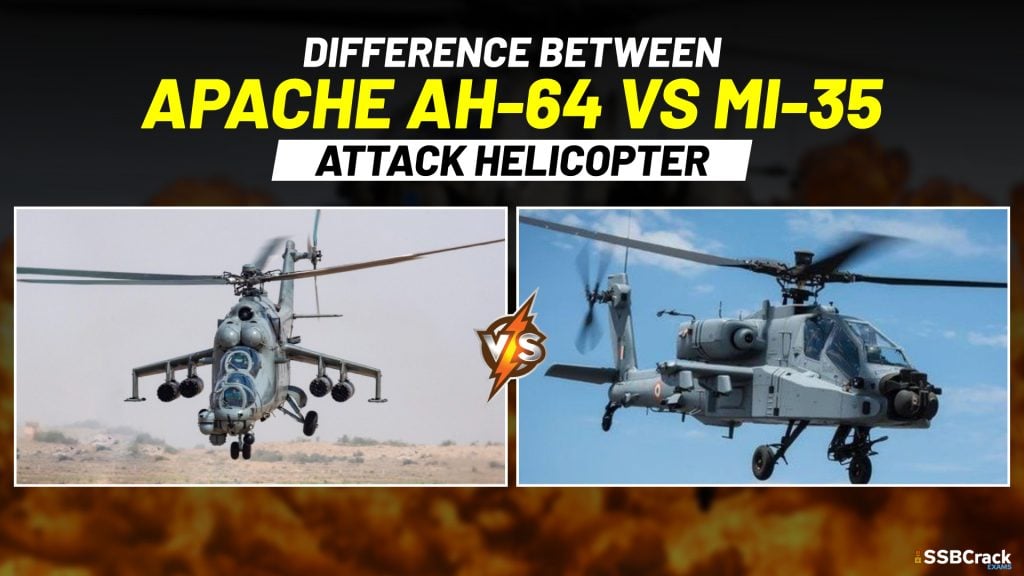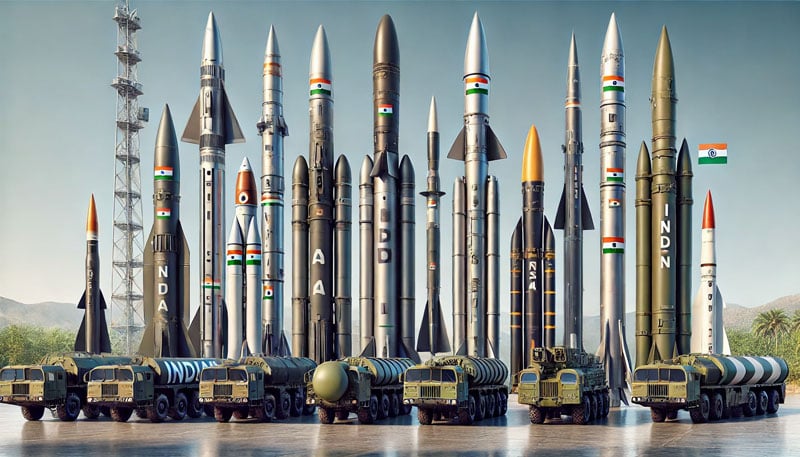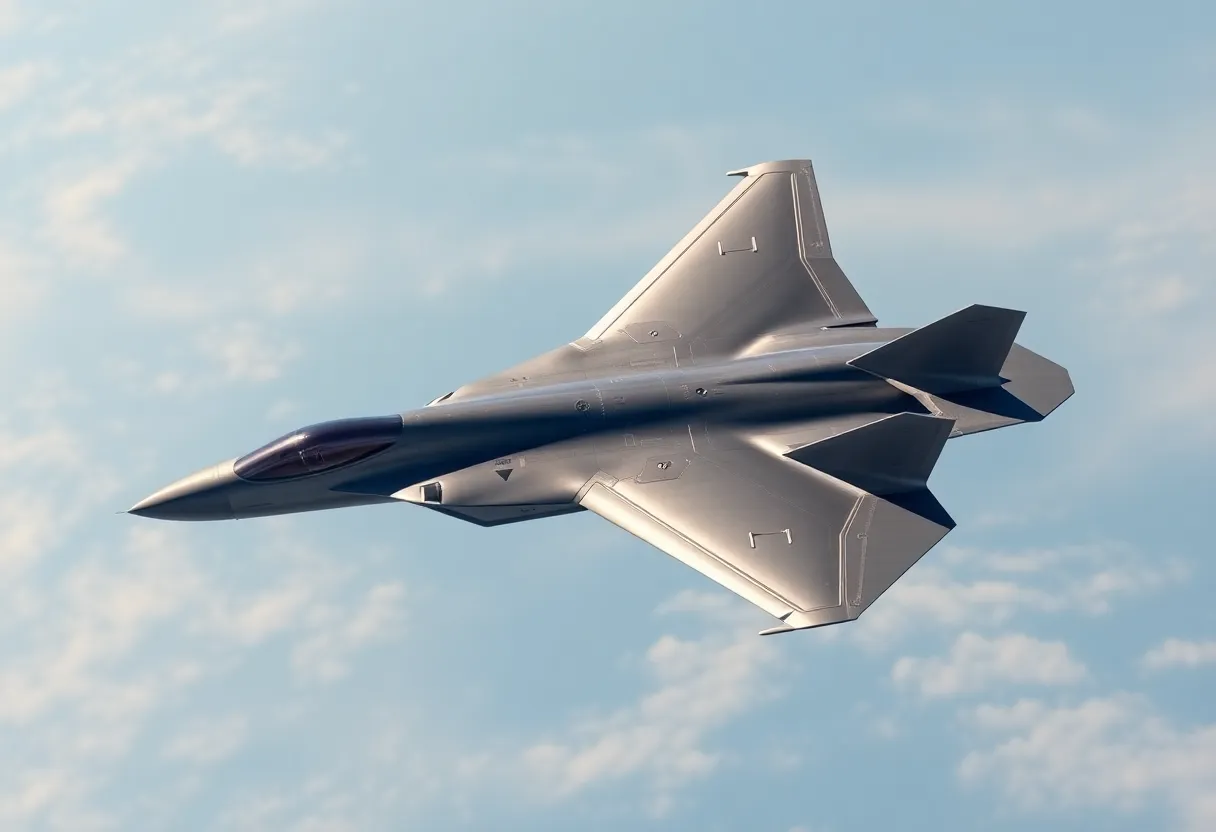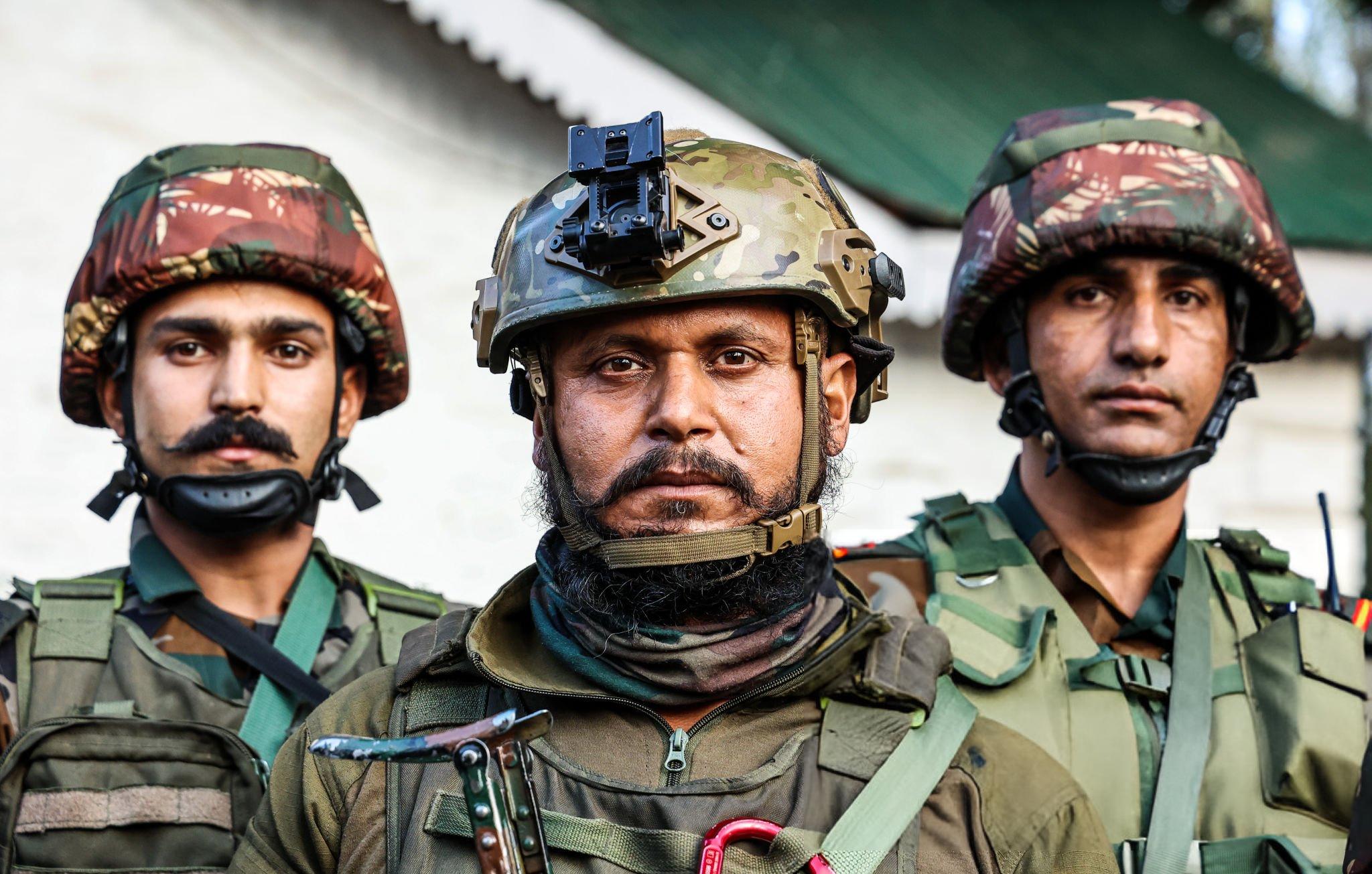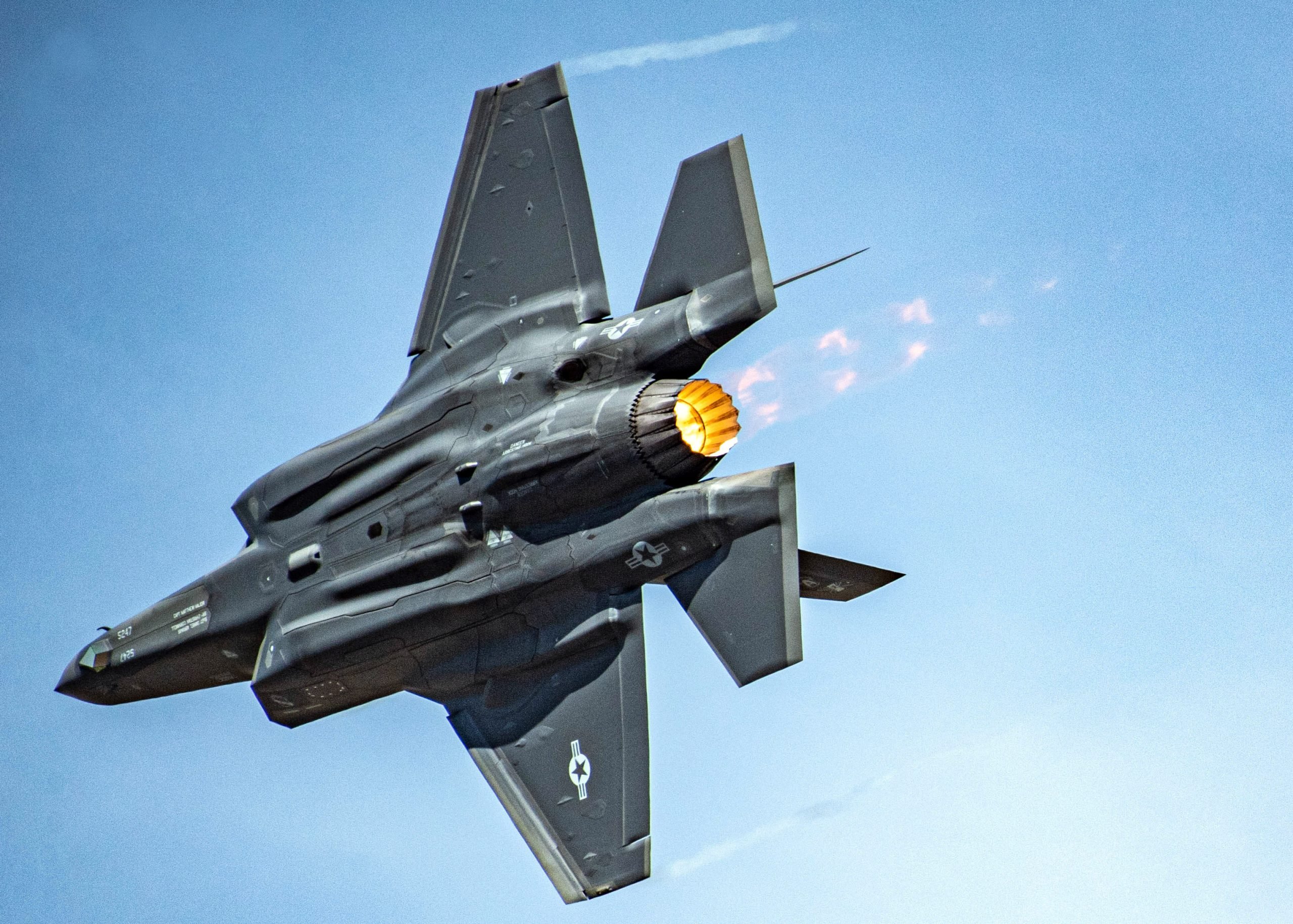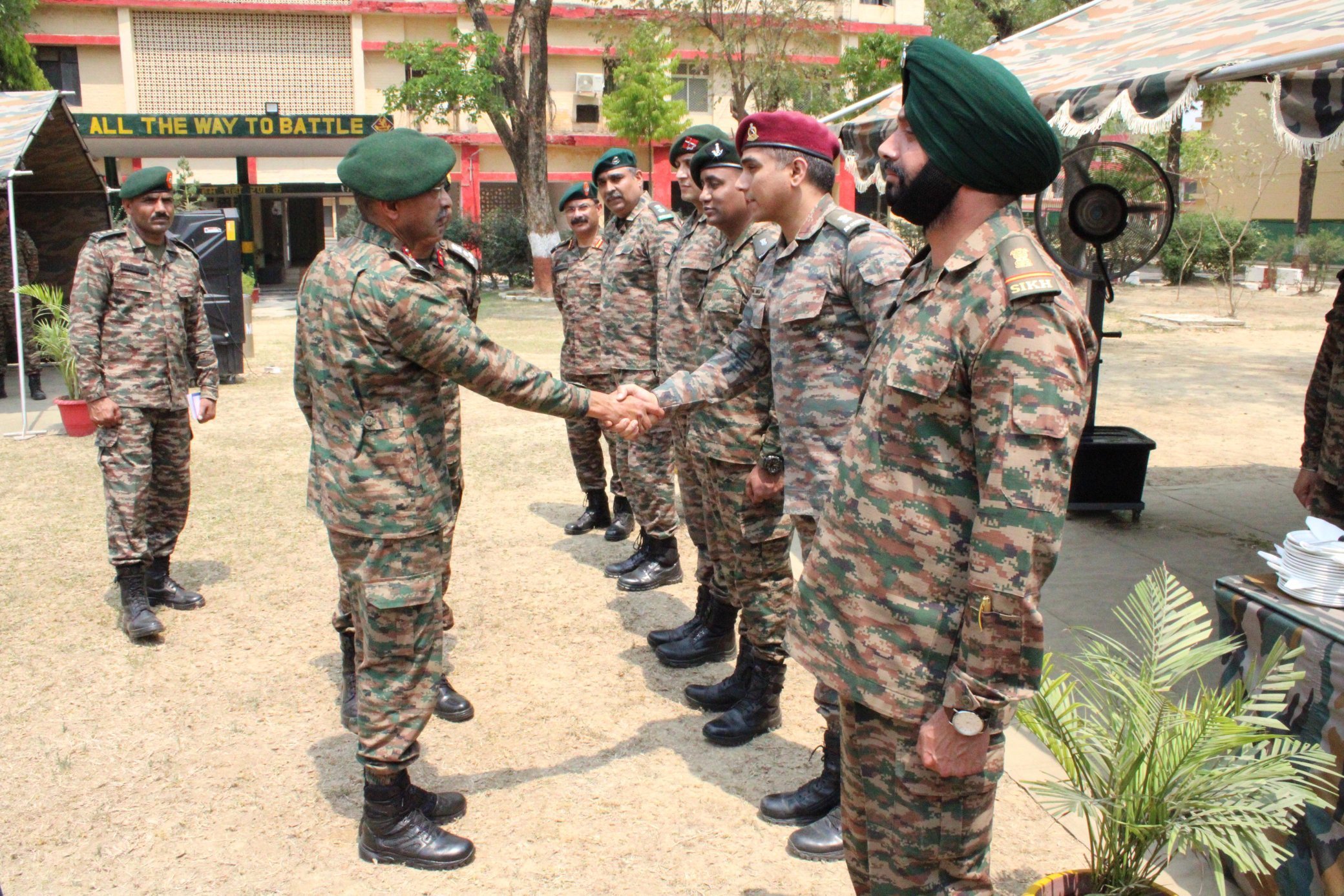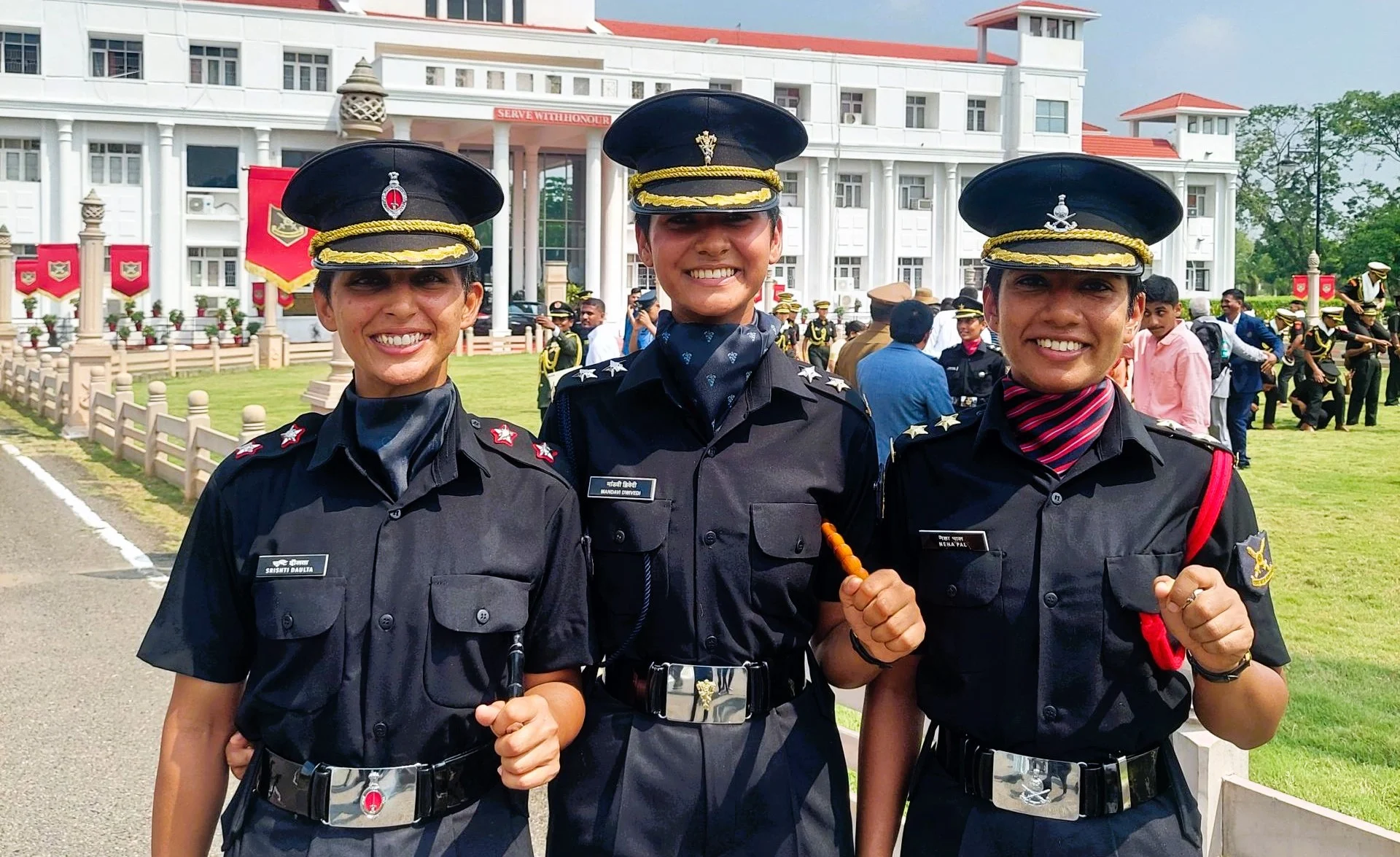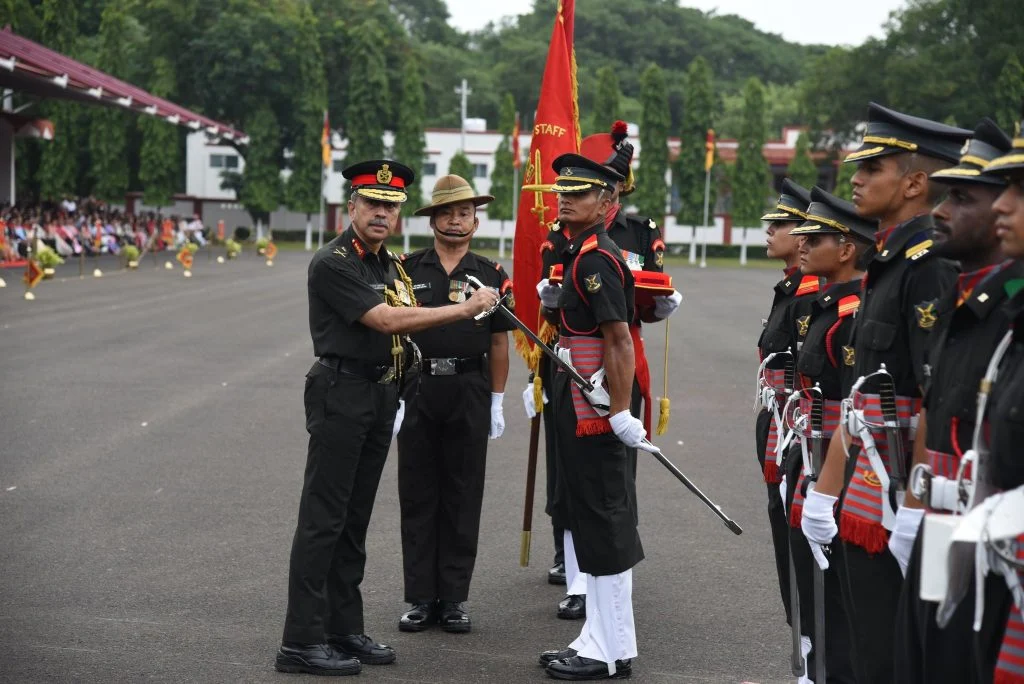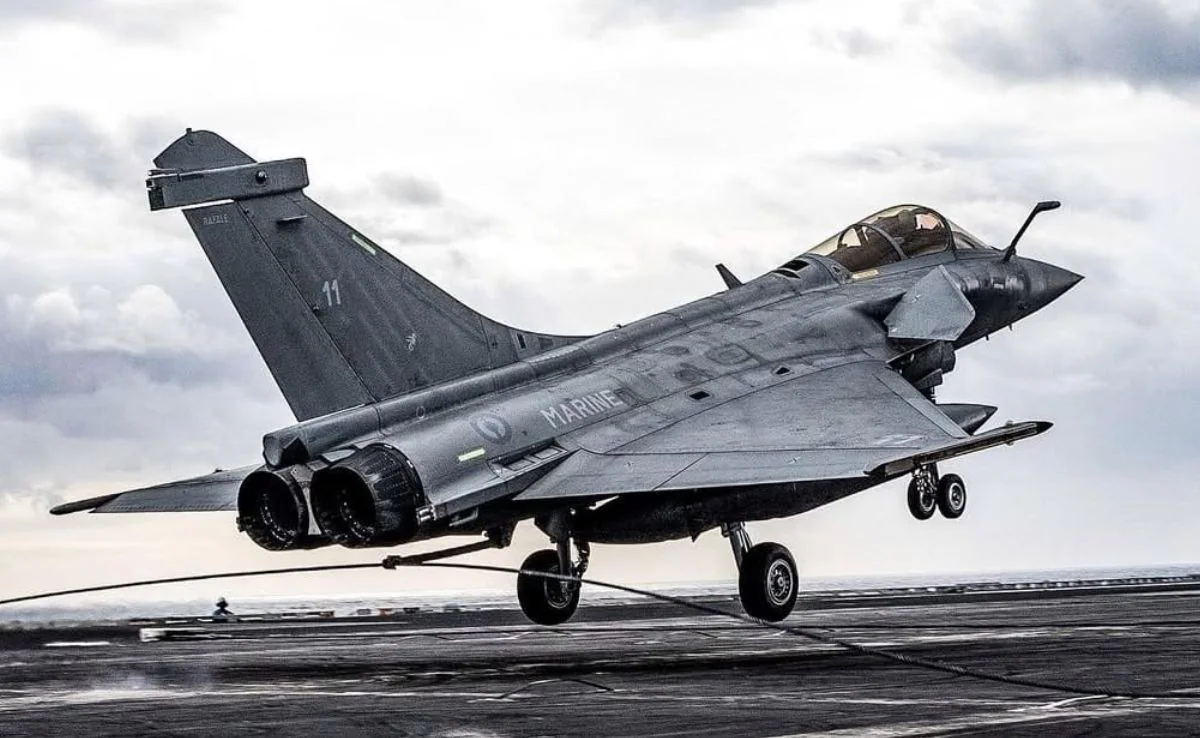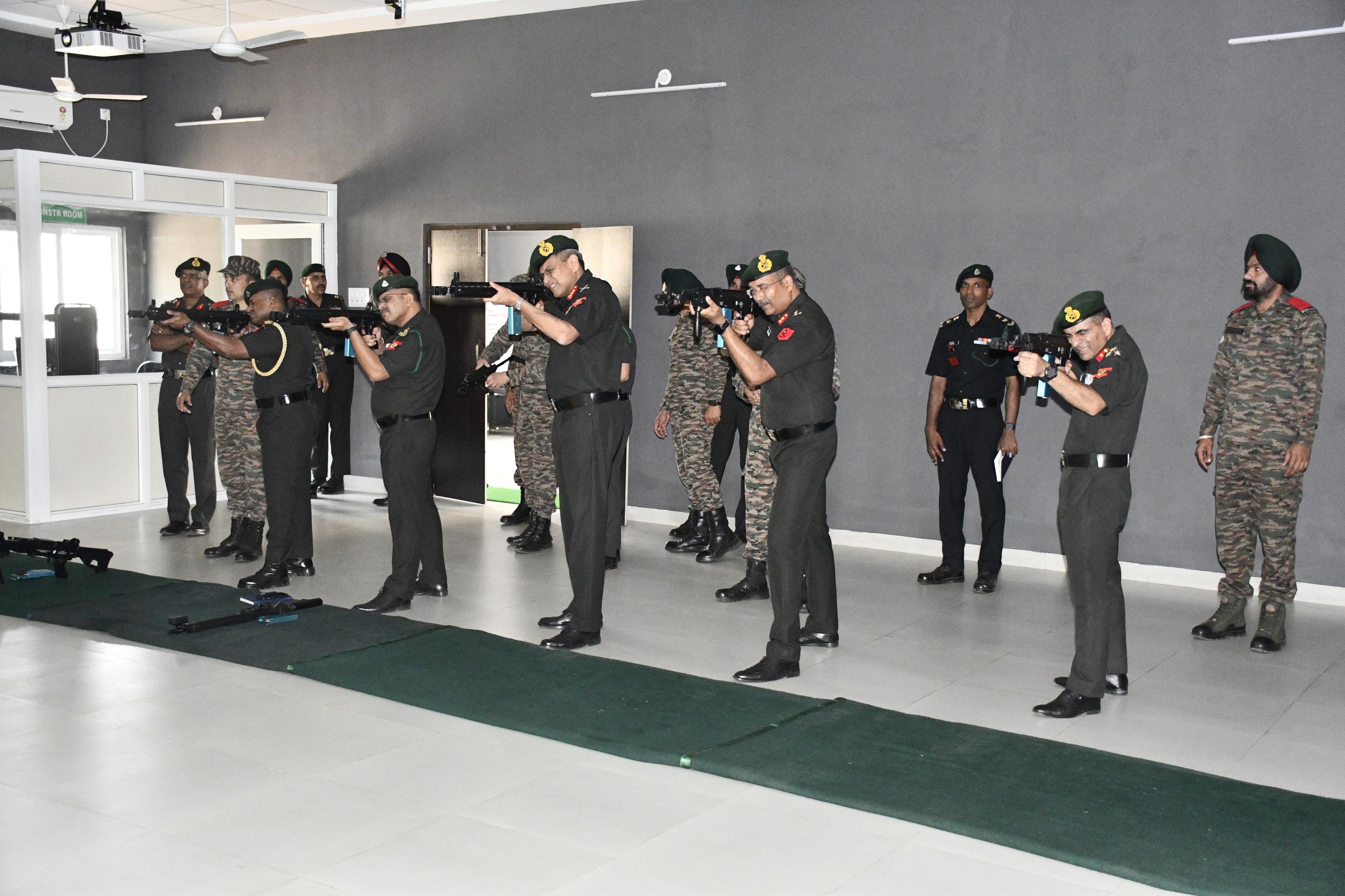Recently India purchased 6 Apache AH-64E helicopters from Boeing and since then questions have been arised about why the government didn’t go for Mi-35 helicopters. In this article, we shall learn about the differences between the two Helicopters.

APACHE AH-64 Attack Helicopter
The most sophisticated multi-role combat helicopter in the world is the AH-64 Apache. India is the 16th country to choose the Apache, which is also used by an increasing number of other foreign defence forces. There are 22 AH-64E Apache attack helicopters in the Indian Air Force’s fleet. Boeing and the Government of India inked a contract in 2020 for the purchase of six AH-64E Apache helicopters for the Indian Army.
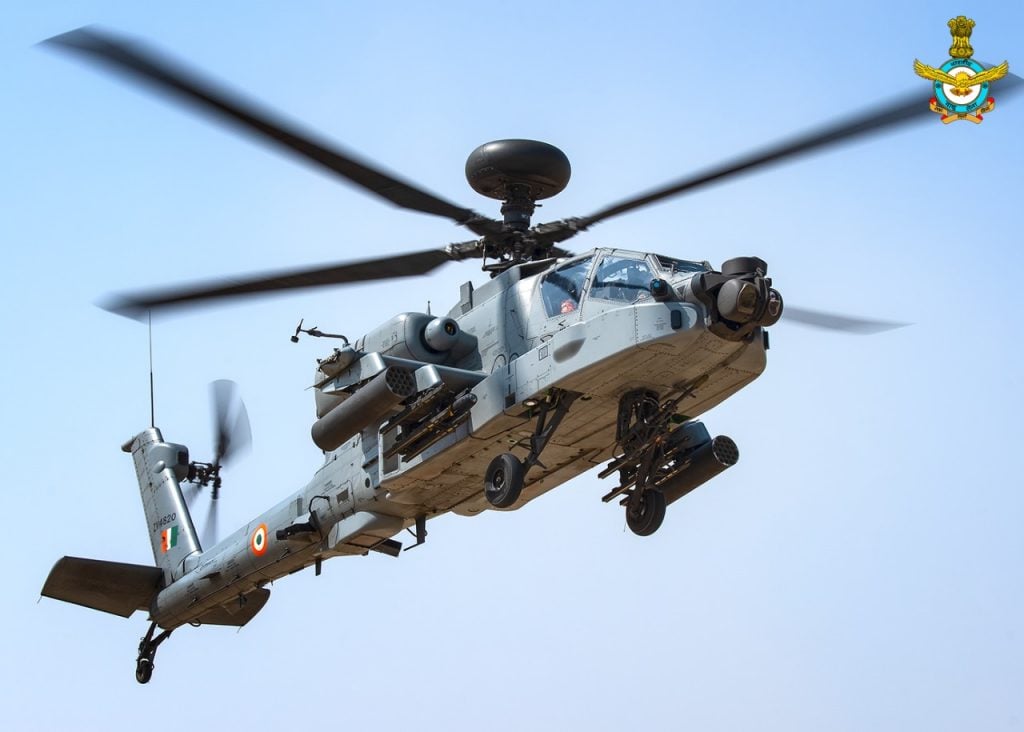
The AH-64E is a cutting-edge, multi-mission helicopter that incorporates the most recent technological advances and upholds its position as the best attack helicopter in the world. It is the only combat helicopter on the market with a broad range of capabilities, including increased thrust and lifts, joint digital operability, improved survivability, and cognitive decision support, to meet almost every mission need.
AH-64 Apache armaments from Boeing
Under the fuselage is a 30mm automatic Boeing M230 chain cannon with a rate of fire of 625 rounds per minute. The helicopter has a maximum capacity of 1,200 rounds.
The Lockheed Martin/Boeing AGM-114D Longbow Hellfire air-to-surface missile, which features a millimetre wave seeker and can operate in full fire-and-forget mode, is mounted atop the AH-64D. 8 to 12 kilometres is the range.

Mi-35 Attack Helicopter
Rostvertol, a division of Russian Helicopters, is the company that makes the multipurpose combat helicopter Mi-35M. It is a Mi-24 Hind assault helicopter export model.
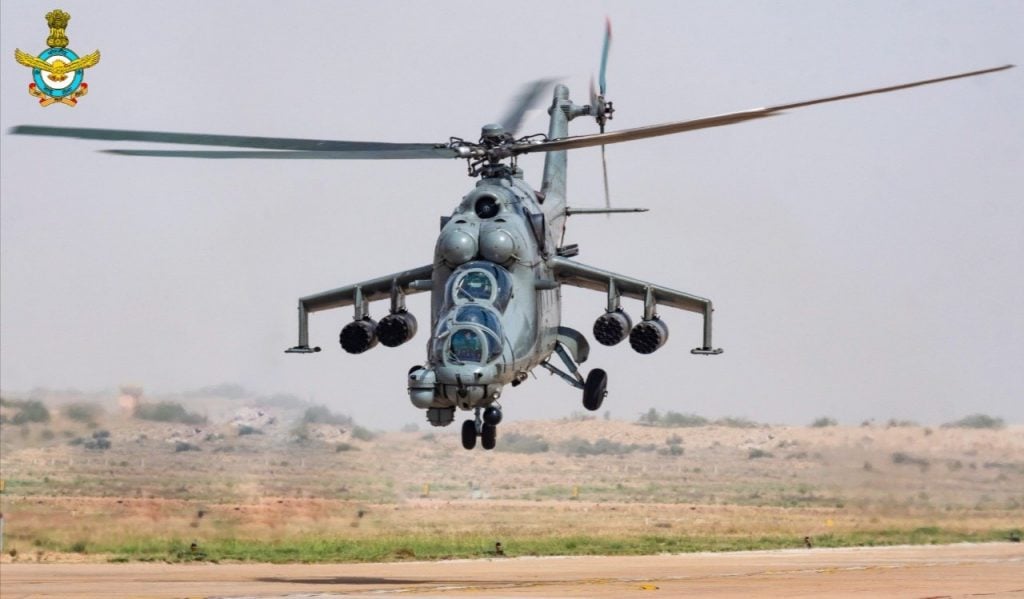
The helicopter, which was primarily created for assault and military transport operations, boasts a flight performance and manoeuvrability that is superior to those of its forerunner.
Mi-35M manufacturing commenced in 2005. For the purpose of attacking ground-based armoured targets and providing air support for ground activities, the aircraft incorporates modern, high-precision weapons. It can be reconfigured to serve as a platform for an assault, a ground assault, a MEDEVAC, or a transport.
One of the contemporary combat helicopters in the Russian Air Force’s arsenal is the Mi-35M. The military forces of other nations, including Venezuela, Brazil, Azerbaijan, Nigeria, Kazakhstan, and Mali, operate it as well.
MI-35M attributes
The Mi-35M military helicopter, which is based on the Mi-24 Hind, features a number of upgrades, including reduced stub wings, a new rotor system, contemporary avionics, updated turboshaft engines, and a hydraulic system. The helicopter’s cockpit and other crucial areas are well-protected.
The helicopter is 21.6 metres long overall, 6.5 metres wide, and 6.5 metres tall. In ferry mode, it has a take-off weight of 12,000 kg. It can transport up to 2,400 kg in payload or eight soldiers.
Difference Between Apache AH-64 and MI-35 Attack Helicopters
| Model | The Mi-35 originally existed as the Mi-24V’s renamed export version. Although I believe the Mi-35M and a few other Mi-35 derivatives are actually deployed under this moniker for the Russian federation. It’s not always simple to distinguish between 24s and 35s. Currently, Russia is using about 330 24/35’s aircraft. | An enhanced AH-64 is the AH-64E. 2011 saw the start of E model deliveries. There are just over 800 D/E model AH-64 aircraft in US Army service. I have no idea how many 634 D models have previously undergone upgrades. In 2019, 50 new E models were slated to be produced to complement the D fleet’s conversion to E. |
| Weapon | When fully armed, a Mi-35 is at 92 percent of its MTOW. There are still 1,878 pounds to go. If each soldier weighs just 250 lb with equipment, a complete troop load of 8 soldiers would add 2,000 lb. Therefore, you could probably transport 7 soldiers, or 6 soldiers if their combined weight is 300 lb. Therefore, you won’t get the best of both worlds when people claim that the Mi-24/35 can fly into a combat zone with a full cargo of infantry and armament systems. Either one or both will be yours. Either the soldier load stays lower or the weapon load is decreased. Alternately, you can dramatically cut the range by lowering the fuel load. | This is in stark contrast to an AH-64, which is only at 77 percent MTOW and has more than twice as many cannons, eight laser or radar guided missiles, and 38 laser guided rockets (used since they are heavier and have an improved operability). Of all, an AH-64E doesn’t carry infantry, but it also doesn’t attempt to handle two tasks at once poorly. According to Russian doctrine, an AH-64 would support ground forces and escort for UH-60s and other such aircraft, whilst a Mi-28 would accompany Mi-8/17 aircraft. There are various reasons why Russia switched to the Mi-28 design in this regard (beside the vulnerable front mid-engine exhaust layout issue). |
| Used Since | The Mi-35 appears to have been the first Russian Federation helicopter to be equipped with FLIR, glass cockpits, and GPS navigation in the early 2000s. You have to obtain a Super Hind upgrade from South Africa prior to that. Additionally, I would be concerned because the Mi-24/35’s 9K114 Missiles are still SACLOS directed, requiring the gunner to maintain a laser-like focus on pointing at the target to secure a hit. When it comes to guiding a missile while it’s moving, this doesn’t sound as simple as an automatically slaving laser guided system. | The AH-64 has had FLIR, night vision, radar, head-based target acquisition, and exhaust suppression equipment since its first incarnations, but it wasn’t until until 1991 that GPS and more modern communication systems were introduced. The aiming system enables auto tracking for the laser guidance, which includes a laser range finder, and slaving of the gun system based on crew head location (where they gaze). Within 30 miles of the helicopter, the mast radar can track about 250 targets. The D versions may have been able to identify targets (although only the mast radar was visible over the horizon or tree line), and then another Apache firing the radar-guided AGM-114 utilising the targeted Apache’s information. |
| Who’s Better? | The armour is the distinction where the Mi-35 might have a clear edge. Titanium armour for the pilots and protective glass for the cockpit are intended to shield the entire aircraft from 12.7 mm gunfire.The Mi-35 is basically a flying BMPIt is capable of transporting an infantry squad in the back as well as an assault helicopter, rockets, missiles, and other armaments. | The engines, fuel, crew, and propulsion systems of the Apache are unquestionably protected by armour, and the cockpit area is certified against 23 mm gunfire. The titanium “tub” that Mi-24/35 pilots sit in might shield up to 57mm explosive rounds if it performs similarly to the “tub” used by A-10 pilots.AH-64 is a pure attack helicopter.Only soldiers riding on one of the wings can transport troops. Similar to the Mi-24 and other Hind derivatives, the MI-35 is best likened to utility helicopters like the UH-60, which can be heavily armed in some configurations rather than assault helicopters. |
If you liked the article do share it. If you are preparing for defence exams and SSB Interview, SSBCrackExams is providing a number of courses and study material. Join today and boost up your preparation.
To crack the SSB Interview, You can join our SSB interview live classes batch and we recommend you to Enroll SSB INTERVIEW ONLINE COURSE. Trusted by thousands of defence aspirants.

